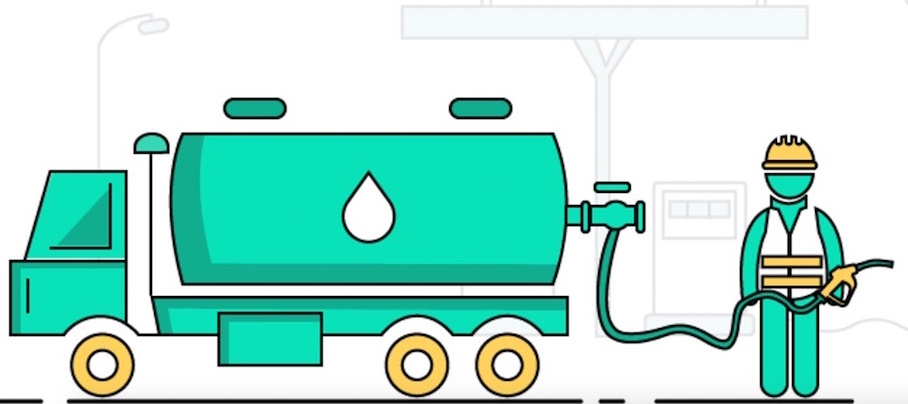In a world where convenience reigns supreme, industries across the board are constantly innovating to meet the evolving needs of consumers. One such industry experiencing a significant transformation is fuel delivery services. Traditionally, obtaining fuel meant driving to a gas station, waiting in line, and navigating busy forecourts. However, advancements in technology and consumer preferences are driving a shift towards on-demand fuel delivery services, revolutionizing the way we refuel our vehicles. The rise of fuel delivery services can be attributed to several factors, including the increasing popularity of e-commerce, the proliferation of smartphones, and a growing emphasis on convenience. With just a few taps on a smartphone app, consumers can now have fuel delivered directly to their vehicles, eliminating the need to visit a gas station altogether. This convenience factor has resonated strongly with busy professionals, parents, and individuals seeking to optimize their time. Moreover, fuel delivery services offer benefits beyond convenience. By eliminating the need for consumers to drive to a gas station, these services reduce traffic congestion and carbon emissions associated with idling vehicles.

Additionally, fuel transport company fort worth provide a safer alternative for refueling, particularly during adverse weather conditions or late hours when visiting a gas station may not be ideal. One of the key technologies driving the growth of fuel delivery services is mobile fueling units. These specially equipped vehicles are equipped with tanks, pumps, and other necessary equipment to deliver fuel directly to consumers’ vehicles wherever they may be parked. Equipped with GPS tracking and route optimization software, these units can efficiently navigate urban environments to reach customers in a timely manner. Furthermore, advancements in payment processing technologies have streamlined the transaction process for on-demand fuel delivery services. Customers can securely pay for their fuel through the mobile app, eliminating the need for cash or physical cards. This seamless payment experience enhances the overall convenience and efficiency of the service, further driving its adoption among consumers. In addition to serving individual consumers, fuel delivery services are also gaining traction in commercial and fleet management sectors.
Businesses with large vehicle fleets, such as delivery companies and taxi services, stand to benefit significantly from the convenience and efficiency offered by these services. By outsourcing fueling tasks to on-demand providers, businesses can optimize their operations, reduce downtime, and improve overall productivity. Moreover, fuel delivery services are not limited to traditional gasoline or diesel fuel. With the rise of electric vehicles EVs, there is a growing demand for mobile charging solutions. Companies are now developing mobile charging units capable of delivering electricity to EVs wherever they are parked, further expanding the scope of on-demand fuel delivery services to include alternative fuel sources. However, the widespread adoption of fuel delivery services is not without its challenges. Regulatory hurdles, safety concerns, and infrastructure limitations present significant barriers to entry for companies looking to enter this market. Additionally, ensuring compliance with environmental regulations and safety standards is paramount to the long-term success of these services. Despite these challenges, the future looks promising for on-demand fuel delivery services. From autonomous fueling drones to route optimization algorithms, the possibilities are endless.
